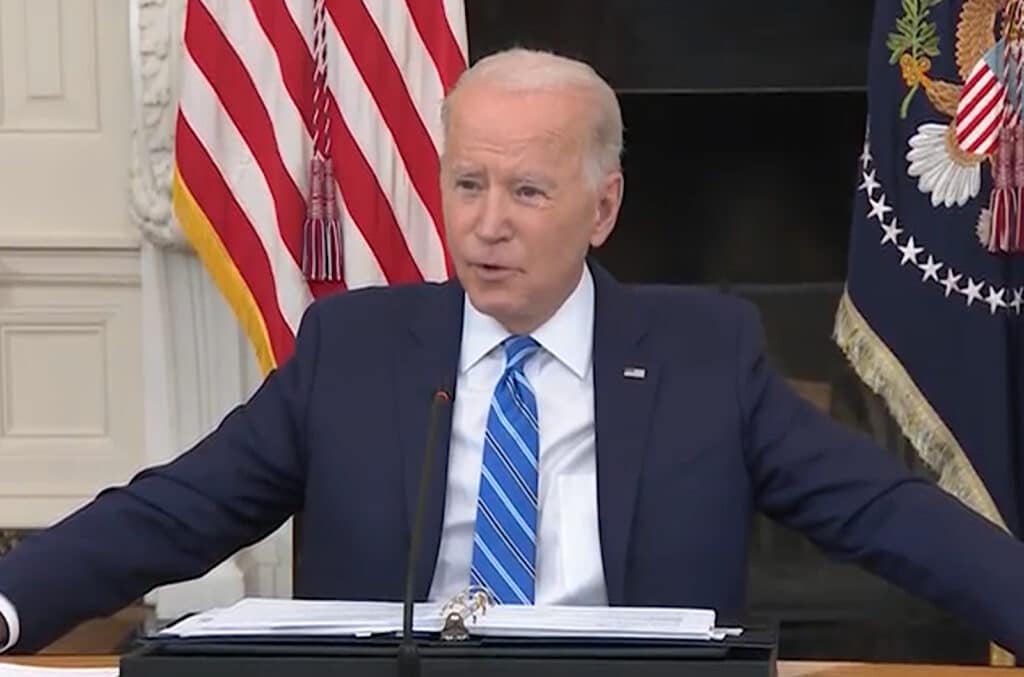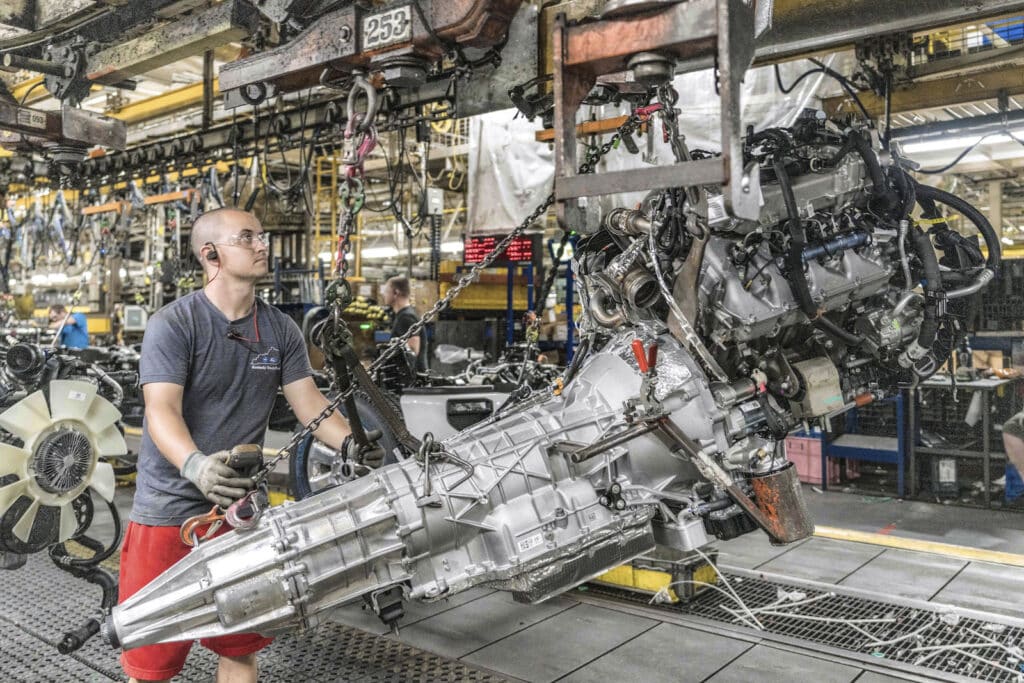
Biden Signs Controversial Railway Contract Bill
President Joe Biden signed a landmark bill designed to avoid a railway worker strike, delivering a 24% raise and other cash benefits to railway workers, but leaving out the paid sick leave that some railway unions were demanding.

The legislation is unusual in that Congress cannot intervene in most collective bargaining situations, but there is an exception in the Railway Labor Act that allows Congress to enforce collective bargaining agreements in order to avert crippling railway strikes.
“This was a tough vote for members of both parties,” Biden said. “It was tough for me, but it was the right thing to do at the moment.”
A strong bipartisan majority in the House of Representatives voted 290-137 to impose the new contract on both the railway companies and the 12 unions representing up to 115,000 workers. The bill passed the Senate, 80-15.
The sick leave controversy
Railway worker unions had been arguing for 15 sick days each year, while railway companies offered just one “personal day.” Democrats in Congress tried to split the difference by proposing seven paid sick days.

On a vote of 221-207, the House approved a separate bill mandating the proposed seven days of paid sick leave each year, but that bill was not passed by the Senate. In the upper chamber, the bill required 60 votes for cloture, and the vote was only 52-43 in favor. Republican senators Ted Cruz, Josh Hawley, Marco Rubio, Mike Braun, John Kennedy and Lindsey Graham voted in favor of the measure, while Democratic senator Joe Manchin opposed the bill.
Biden urged Congress to pass the basic contract, and justified that by stating that the fight for paid sick leave for railway workers is not over. Still, some union representatives were not happy with the action, saying the President “turned his back on us.”
Union representatives pointed out that railway companies are strongly profitable and have spent those profits on stock buybacks and over $200 million in executive compensation in recent years. Railway companies and unions alike have donated millions of dollars to sitting members of Congress over the past 10 years.

“Much more needs to be done for railroad workers,” said Speaker of the House Nancy Pelosi. “No one should be at risk of losing his or her job by staying home when sick, needing to see a doctor or getting lifesaving surgery.”
Potential impact on the auto industry
Without a contract, workers at Union Pacific, BNSF, CSX, Norfolk Southern Corp and Kansas City Southern could have gone on strike as early as next week, and railway companies would likely have begun reducing shipments this weekend.
Up to 30% of U.S. freight is shipped by rail, and a strike could cost the American economy up to $2 billion per day in lost productivity.
The loss of rail service would have prevented automotive suppliers from delivering necessary components, idling assembly lines throughout the industry. A strike would also prevent automakers from distributing finished vehicles from the factories or port facilities to dealers. More than half of all new vehicles are transported by rail for at least part of their journey from manufacturers to consumers.
